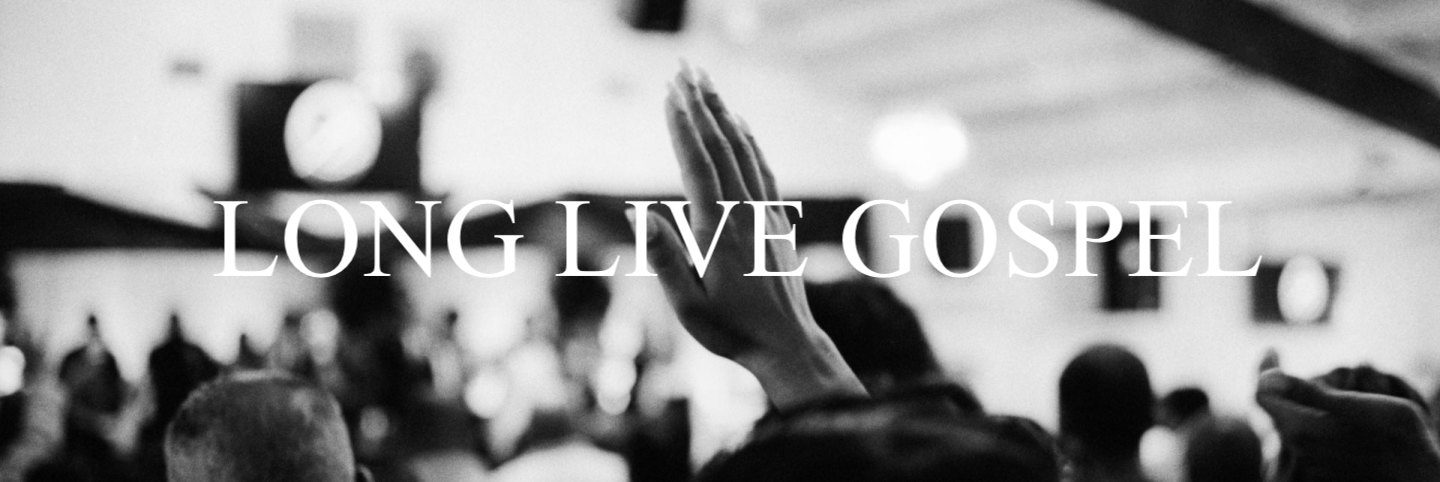LONG LIVE GOSPEL
by Lila Gilliam

Gospel has existed as a fusion genre since its inception from the jubilee era to the present trap era. It has always been a genre that has reflected popular music because Gospel is classified by its lyrics, topics, and themes rather than by musical style. It is a timeless genre, with its initial origins stemming from folk and spirituals. The earliest documentation we have of Gospel as a stand-alone genre is from the 1920s.
Jubilee Quartets during the Gospel period of Jubilee, like the Golden Gate Quartet, used Jubilee-style music. It still was very true to the vocal-heavy, mainly acapella, bouncy style of music, but the lyrics talked about Christianity and Gospel-related themes. An example of this can be heard in the quartet’s performance of “He Never Said A Mumbling Word” from the 1930s.
Artists like Mahalia Jackson take us into the Blues era of Gospel. Mahalia Jackson actually had issues performing in churches because the pastors of the churches didn’t like that the gospel music she sang sounded like the Blues. They were upset that she was straying away from the hymns and what was perceived as traditional gospel. Here you can hear what the discrepancy was about in her performance of “Move On Up A Little Higher” in 1947. Just imagine what the church elders would be saying about Gospel music from the 2000s and 2010s.
By the time the 80s came around, synths and synthetic sounds became popular in music. Here in Luther Barnes and Red Budd Choir’s recording of “I’m Still Holding On” (1984), the sonic evolution of music is inherent.
In the 90s and early 2000s, Gospel had this R&B, Hip Hop Flair to it. Artists like Mary Mary and Kirk Franklin strayed away from the traditional choir music and turned to more popular sounding music behind their vocals. When choirs were utilized, they used them in more relaxed and R&B-sounding ways. I also think it’s important to note Gospel’s ties to the Rap and Hip Hop genres. Often times rappers will sample and use choirs and gospel music in their beats. These are two seemingly Black genres and oftentimes they have contradictive values, but somehow there is always this tie between the two.
It is interesting to look back on these genres and reflect on where we have come from. We must come to realize that the Gospel genre will live on as long as there are believers and that only makes me wonder where we will find Gospel next.

